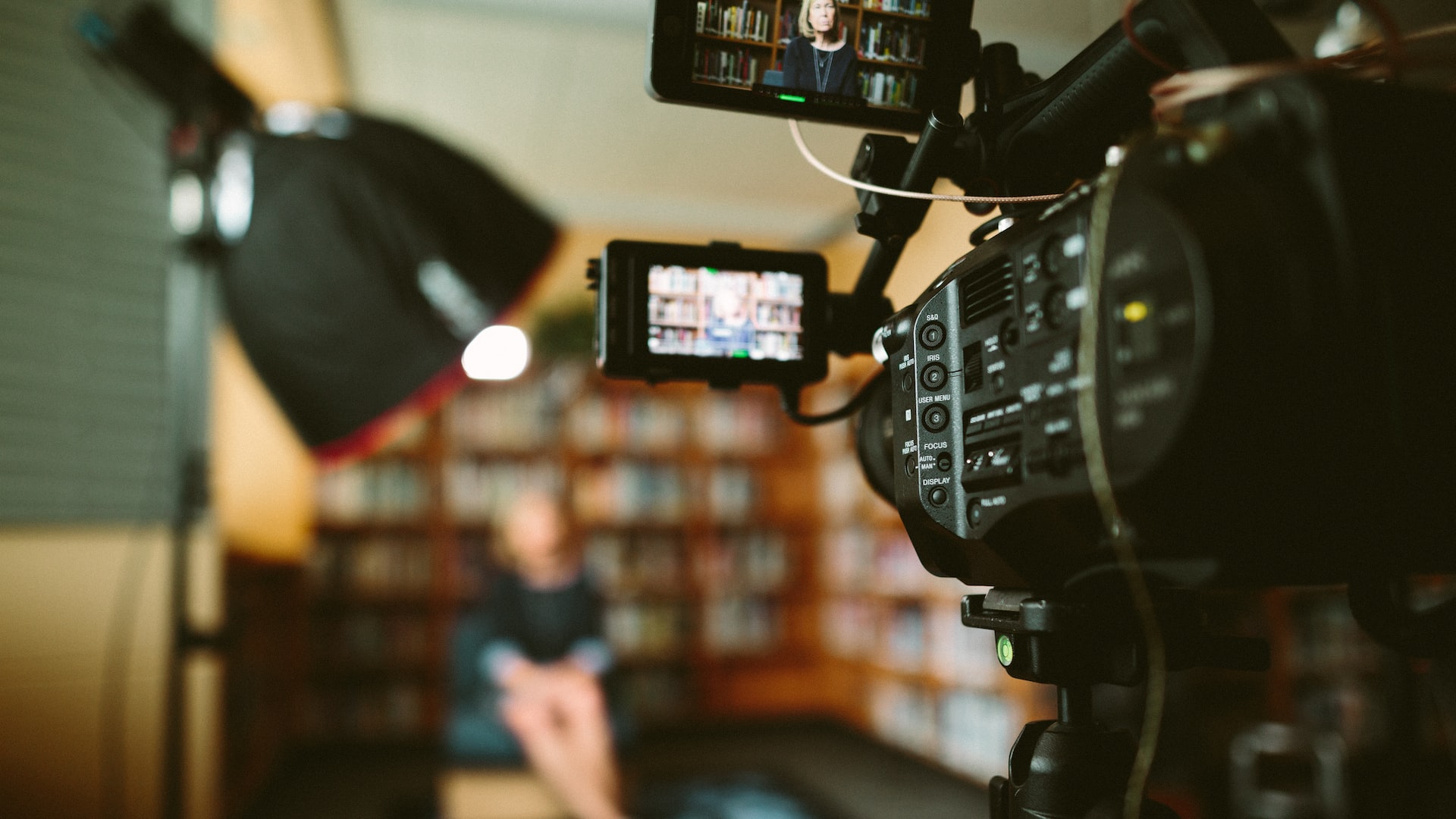
- This event has passed.
Summer Workshop in Videographic Research Methods
Event Navigation

Following a successful debut in 2022, we are pleased to announce a second Summer Workshop in Videographic Research Methods. Last year’s workshop was advertised to researchers across Reading’s Arts and Humanities disciplines – this time we are inviting expressions of interest from UoR colleagues working in all research areas.
Context
The digital reworking of sound and image is an exciting and rapidly developing research practice. This workshop is designed to make these methods available to researchers at Reading, across a variety of disciplines. A major ambition of the workshop is to develop the skills of researchers beyond film and television studies, where these approaches are now firmly established. We believe there are significant and underexplored opportunities in applying videographic approaches to other subjects.
The workshop
The workshop will take place in Minghella Studios, July 10th – 14th 2023. It will involve:
- basic technical training in non-linear editing and related technologies
- producing and sharing feedback on a series of exercises in response to briefs designed to engage with different and videographic approaches
- discussion of existing video essays and debates in the wider field of videographic scholarship
- reflection on videographic analysis and archival material
- planning a longer audiovisual essay, with opportunities for feedback later in the vacation
- lunch and refreshments.
Participants will nominate and work with an item of audiovisual material or material object relevant to their research, as a means of ‘testing out’ how to develop critical ideas through editing. No prior experience or equipment is required (computers with appropriate software will be available at the workshop).
The workshop will once again be led by Screen Working Group / CFAC Co-Director Adam O’Brien and H&C Research Dean John Gibbs, an audiovisual essayist with several years’ experience of teaching videographic criticism. It will also draw on expertise from colleagues in Special Collections and the wider videographic field.
Applications
If you are interested in taking part, please complete the expression of interest form and return it to adam.obrien@reading.ac.uk by Friday March 3rd.
The form invites you to confirm your availability for the dates and duration of the workshop, to provide information about your research context, and to identify an object of study, indicating what potential there might be for working with it through audiovisual means.
RSVP by Friday March 3rd.
Please contact Screen Work Group Lead Adam O’Brien with any questions (adam.obrien@reading.ac.uk).
Testimonials from 2022
“This was the most productive skills event I have encountered during my almost 15 years of working at the University. Its tight focus, collegiality, mix of academic and practical expertise, and its lecturer-centered approach were especially welcome.”
“Working in cultural studies, I work across a range of different media. The workshop gave me the opportunity to work with audiovisual material in a different way, improving my aesthetic analysis, and also to think about different types of research output I can produce.”
“The workshop surpassed my expectations and enabled me to develop new skills which will be useful in both teaching/research. The atmosphere was very supportive, constructive and encouraging. It was also beneficial to be able to engage with colleagues beyond my department and breakdown the silos that can characterize research at a university.”
Explore videographic methods…
If you are not yet familiar with videographic work, these examples may help to illustrate the exciting potential and variety of the approach:
Pasta as prologue: the Spaghetti House siege on film (Charlie Shackleton): Two different dramatisations of the 1975 siege of a Knightsbridge restaurant by Black British radicals remind us that history also needs its agitators.
The Elephant Man’s Sound, Tracked (Liz Greene): A deep archival dive into sound design, David Lynch and creative-labour politics.
The Mighty Maestro on Screen (Evelyn Kreutzer): A study of gesture, movement and music, through the figure of the on-screen orchestral conductor.
‘Say, have you seen the Carioca?’ (John Gibbs): Moving between film, popular music, histories of dance and cinema exhibition practice; looking afresh at relationships between different historical periods and national cinemas.
Mediated Auscultation (Emilija Talijan): Stethoscopes, bodies, sounds, modernism, still and moving images.
